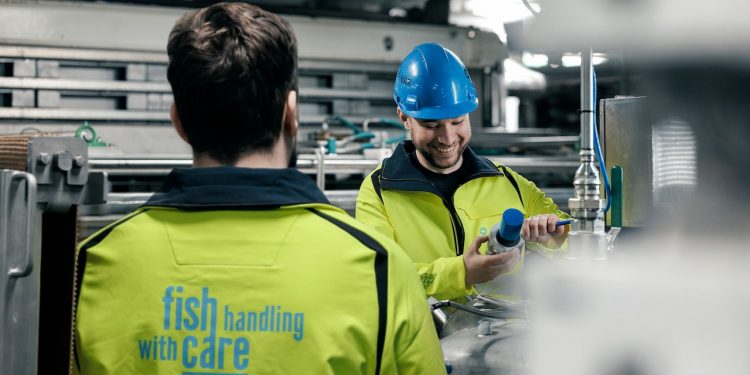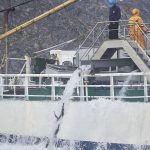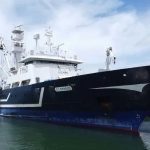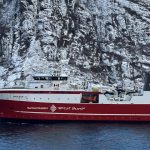The project came about as an innovation competition under the Norwegian Directorate of Fisheries’ FangstID project, challenging developers to come up with automatic catch registration and reporting on board the fishing vessels, in the greatest possible proximity to fishing operations.
The project was launched in November 2022, with Optimar announced as one of three companies in the final phase.
Accordong to the company’s R&D Manager Johan Espelund, Optimar’s work is evaluated at the end of each phase, and only the most promising solutions move forward.
The project’s goal is to develop and implement technology that does not currently exist on the market.
‘It has been and still is incredibly rewarding. We are proud to have made it to the final phase. It proves that we as a company can deliver outstanding technology, but is also proof of our commitment to the sustainable management of ocean resources. Making reporting more accurate and easier for the fishing industry is also an important part of the project,’ he said.
Optimar will continue to improve the existing prototype in close collaboration with the Norwegian Directorate of Fisheries in the final phase. Until the summer of 2025, Optimar and the two other remaining participants will test prototypes on working fishing vessels. It remains to be seen whether one of these systems will achieve close to 100% accuracy in species recognition, in addition to automatic quota calculation and a traceable value chain.
‘We are pushing the boundaries of what is possible in automated fishing operations, and being part of this final phase brings us one step closer to making this technology a reality,’ Johan Espelund said. ‘Now our focus is on perfecting the solution.’









